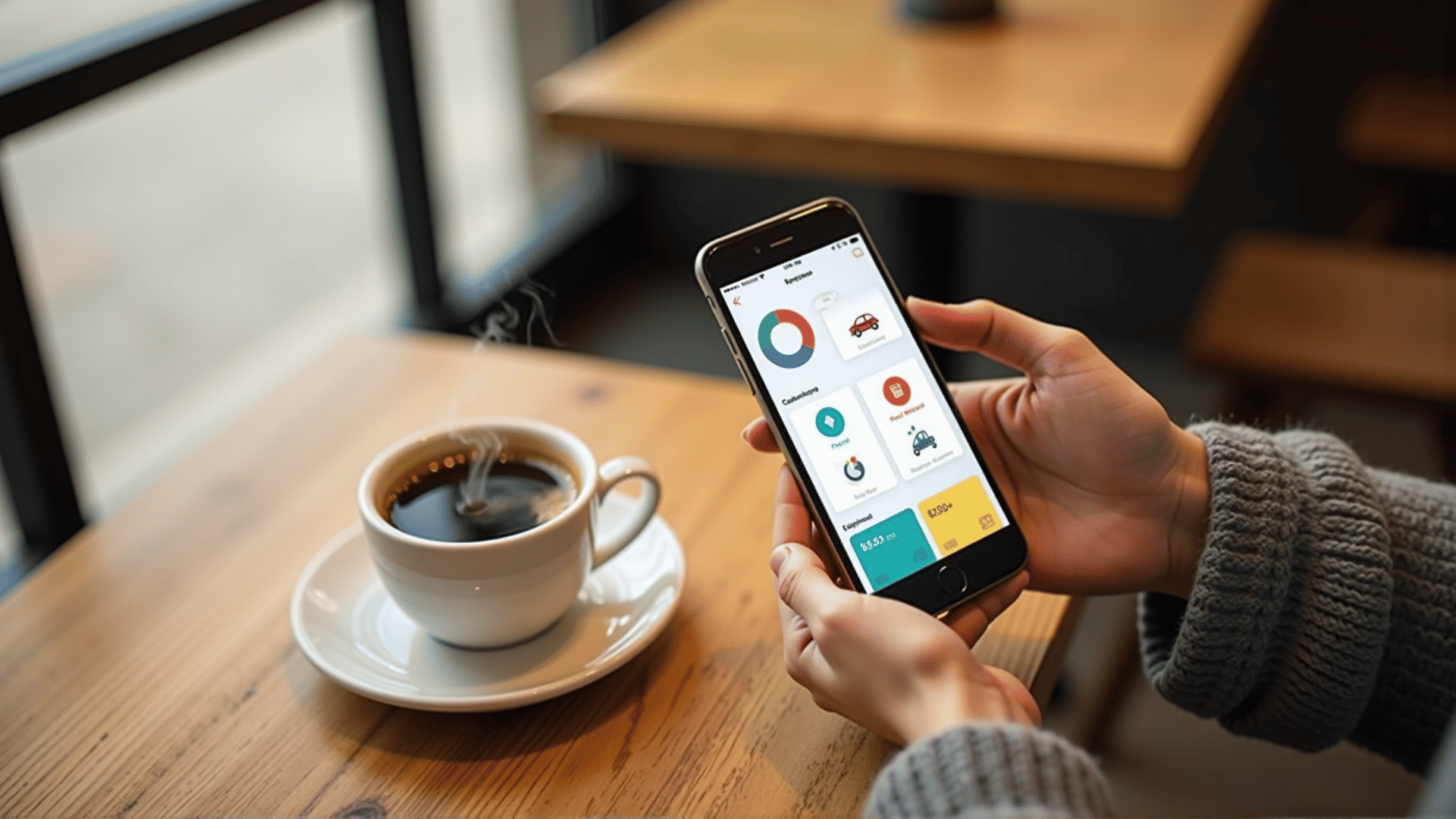Tracking expenses can be a transformative habit for effectively managing your resources. Whether you're aiming to establish a budget, save for a specific goal, or simply gain better insight into your daily habits, mastering this skill is essential. Here are some practical methods to help you monitor your spending with ease and stay on top of your finances.
1. Digital Tools and Apps
Leverage technology to simplify the tracking process. Numerous apps designed for this purpose offer user-friendly interfaces and features that categorize and visualize your data. These tools can help you set spending limits, alert you when you approach them, and give you a clear picture of where your money goes each month. Choose an app that suits your lifestyle and preferences, ensuring it aligns with your privacy and security standards.
2. Develop a Routine
Consistency is key when it comes to tracking expenses. Make it part of your daily or weekly routine, much like checking your email or planning meals. Set aside a specific time to log your receipts and transactions. This habit will make tracking less of a chore and more of a natural part of your routine, giving you a more accurate picture of your spending habits.
3. Categorize Your Spending
Breaking down expenses into categories can be incredibly insightful. Common categories include groceries, utilities, transportation, and entertainment. By doing this, you can identify which areas typically consume most of your funds and where you might be able to cut back. Over time, the patterns that emerge can guide you in making more informed decisions about future spending.
4. Embrace Automation
Where possible, automate payments and savings to minimize decision fatigue. This strategy ensures that essential expenses like utilities and regular savings contributions are taken care of automatically. By reducing manual interventions, you'll find it easier to keep track of other non-recurring expenses without feeling overwhelmed.
5. Review Regularly
Periodic reviews of your expenses can provide insight into trends and help you make necessary adjustments. Use these reviews to evaluate your initial spending plan, assess its effectiveness, and make tweaks to improve your financial health. Monthly or quarterly evaluations can be particularly beneficial in keeping your budgeting strategies relevant and effective.
6. Use a Physical Ledger
If you prefer a hands-on approach, consider using a notebook to jot down daily expenditures. This method can offer a tactile sense of control and mindfulness over digital options, engaging you more deeply in the process. Writing things down can also help reinforce memory, making it easier to recall what you’ve spent.
7. Set Achievable Goals
Establish clear, realistic targets for savings or spending adjustments. These goals provide motivation and a sense of purpose in your tracking efforts. Whether you're planning for a vacation or mitigating credit card debt, having tangible goals makes the tracking process feel more rewarding.
By implementing these strategies, you can maintain control over your spending effectively. Not only will you have a better grasp on your monetary flows, but you'll also develop a healthier relationship with money, allowing you to ensure stability and reach your objectives with confidence.
